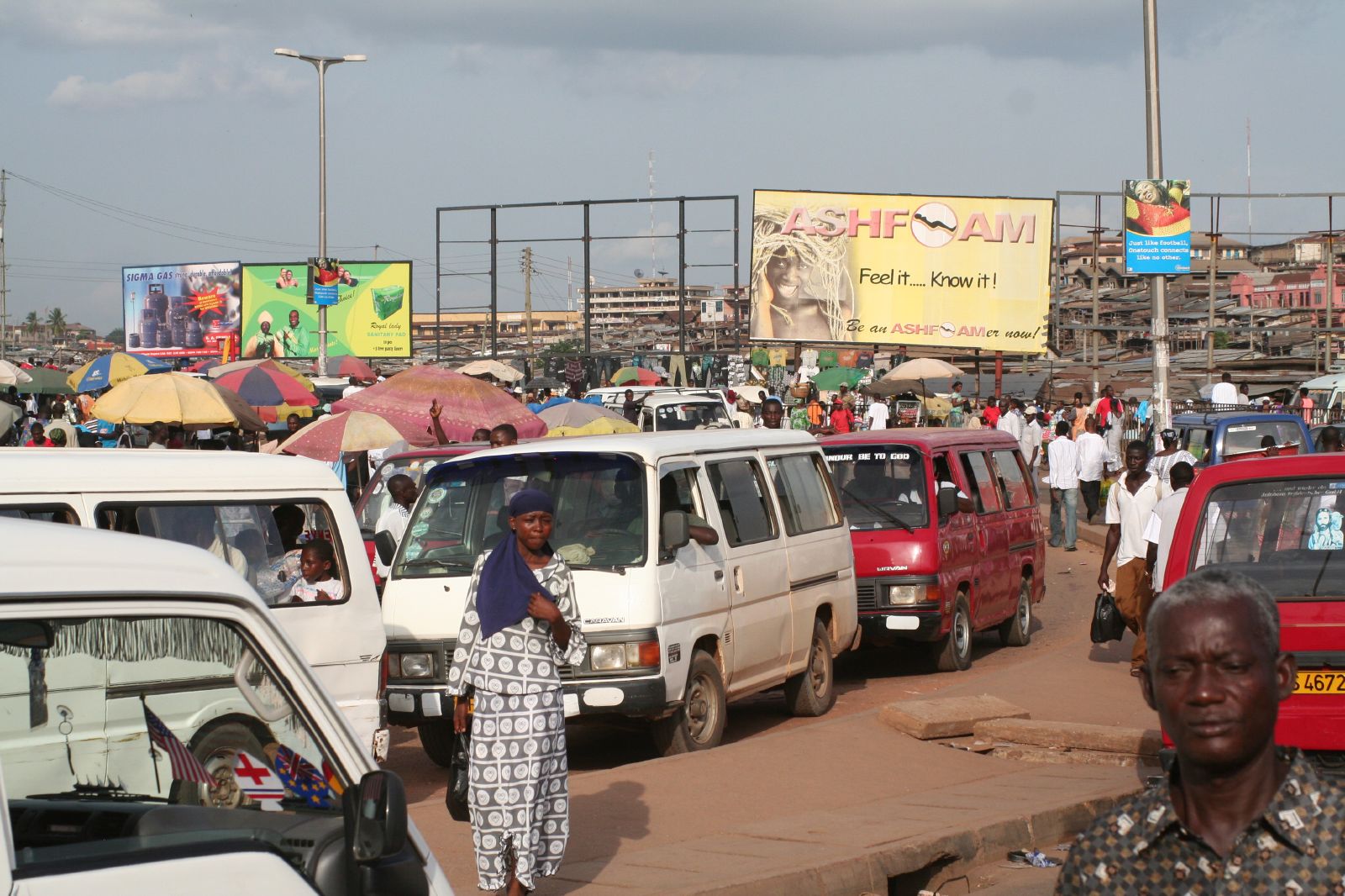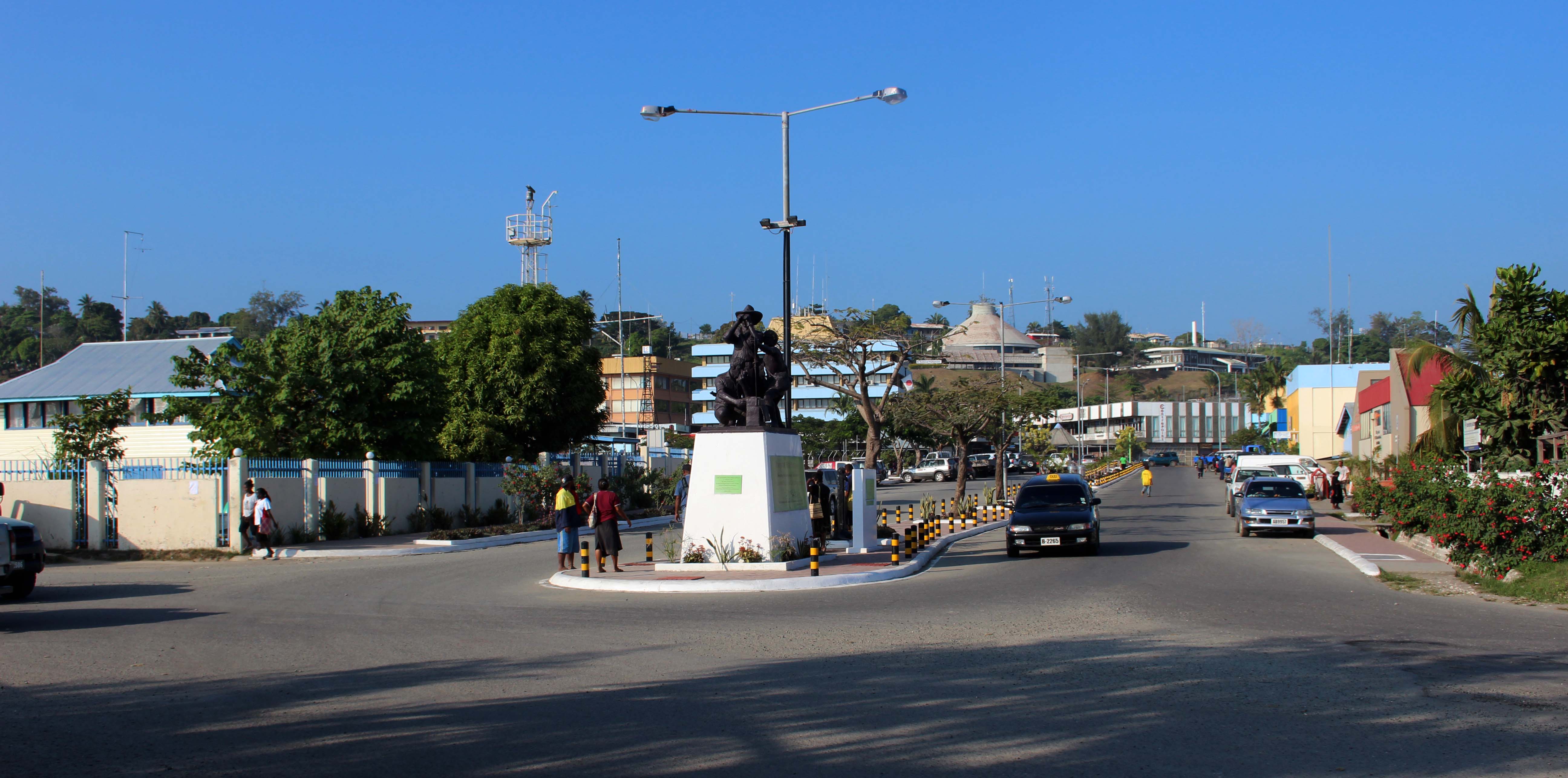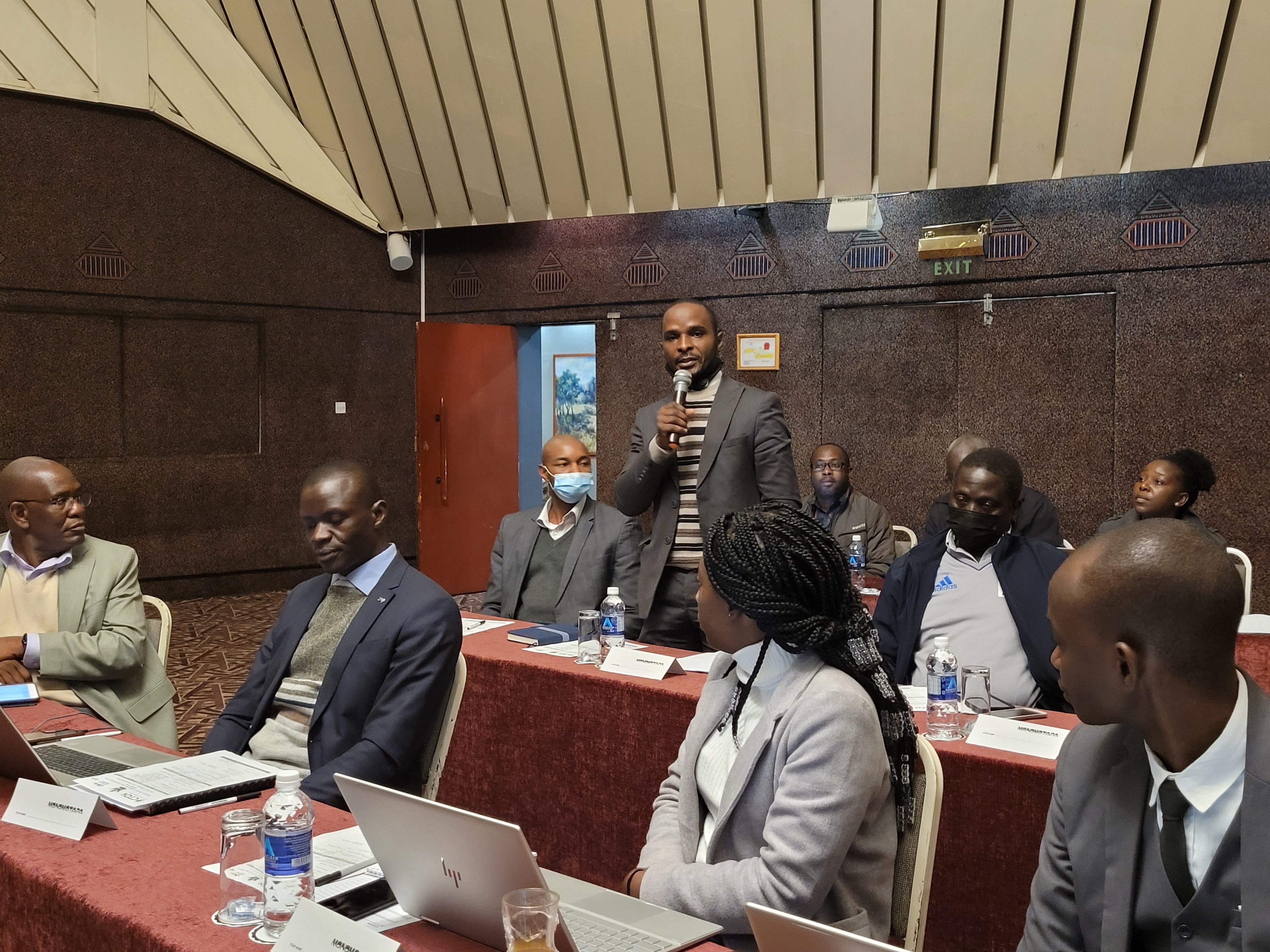UNEP Copenhagen Climate Centre, UNEP and partner organization, BASE, embarked on a mission to Ghana from 22nd to 26th of May 2023 as part of the NDC Action project. The goal of the mission was to carry out stakeholder consultation sessions, hold bilateral meetings with stakeholders to gather relevant information, and raise interest to engage them in implementing e-buses in Ghana’s capital, Accra. The project is based on a Market Feasibility Study for e-buses in Accra carried out by UNEP Copenhagen Climate Centre.
The mission targeted the e-mobility sector in Ghana, including relevant ministries such as the Ministry of Transport, Energy Commission, and Ministry of Finance, municipal entities, bus and utility operators, e-bus manufacturers, and local financial institutions. Relevant multilateral/bilateral banks with a presence in Ghana and accredited entities were also targeted. The mission also sought to identify a potential Accredited Entity (AE) to support the Green Climate Fund (GCF) proposal on e-buses.
During the period, some of the key agencies engaged included the Environmental Protection Agency (EPA) of Ghana, the Ministry of Transport, the Ministry of Finance, Ecobank Ghana, Agence France du développement (AFD), Calbank Ghana, the GEF-8 operational focal person for Ghana, the Development Bank of Ghana, Energy Commission of Ghana, Metro Mass Transit Limited, and the Greater Accra Passenger Transport Executive (GAPTE).
E-buses in Accra
The consultations aimed to distill the interest and gather inputs from players in the mobility space, both from the public and private sectors, including financing institutions, to deploy a successful e-bus system in the city of Accra. The discussions began with a technical presentation from BASE on a draft business and financing model for implementing the e-bus system, starting with 75 e-buses on two main routes in the city, based on the market feasibility studies earlier conducted by UNEP-CCC and CTCN consultants.
Read and download the reports here.
The mission ended successfully with great enthusiasm about the feasibility of this innovative idea in promoting the achievement of Ghana’s NDCs and improving the well-being of the general populace. The team has mapped out the key stakeholders to further engage going forward and gathered essential data for in-depth technical analyses. The project concept is looking at USD 30m of credit support to purchase and operate the 75 buses, and an additional USD 10m grant support for technical assistance to ensure effective implementation through capacity building across the board.
The current economic conditions of Ghana make the private sector window the most viable for GCF funding, as the country is unable to provide any financial incentives at the moment. Also, the only Direct Access Entity (DAE) and Accredited Entity (AE), Ecobank Ghana, is only eligible for loans and not grants. A viable public or private fleet management entity will also need to be identified as part of the project development to ensure the successful operation and maintenance of the buses.


